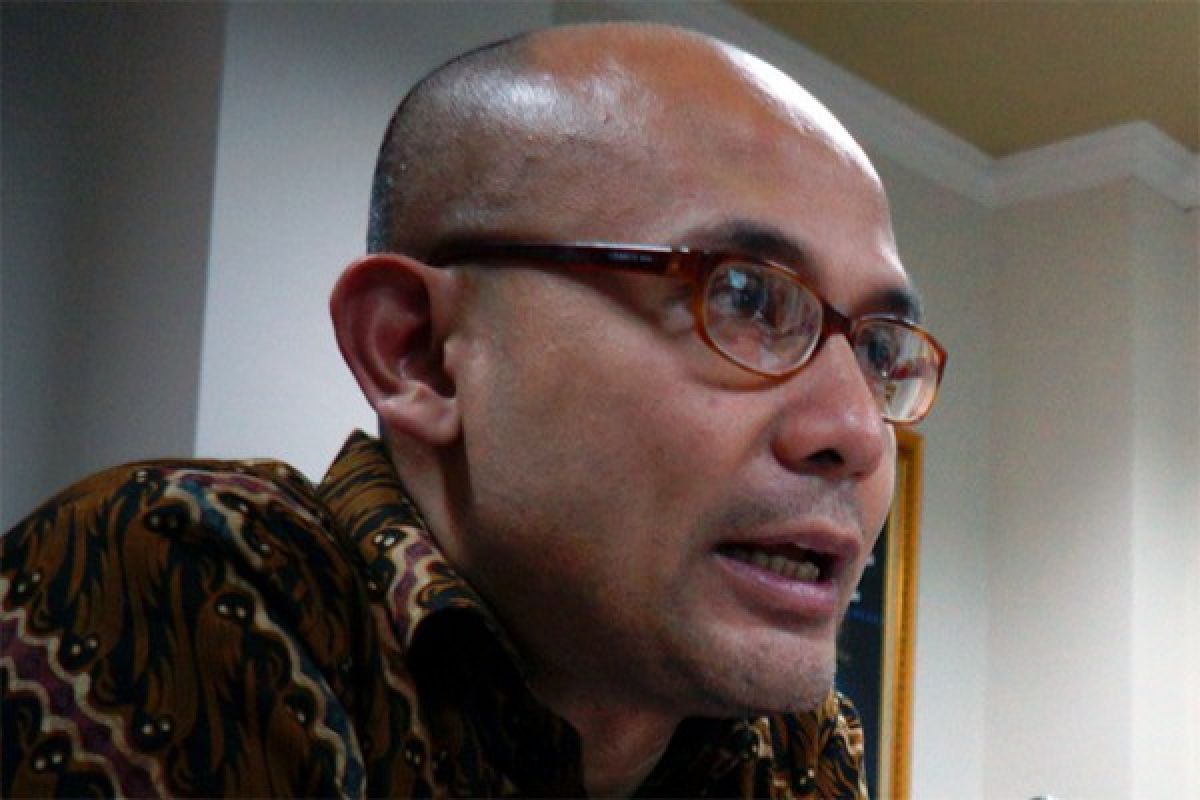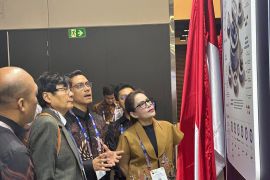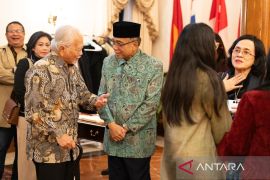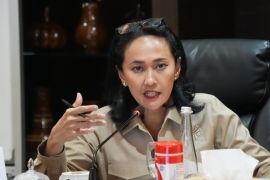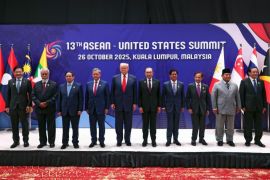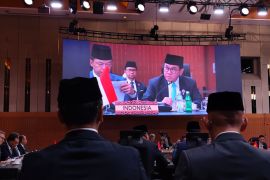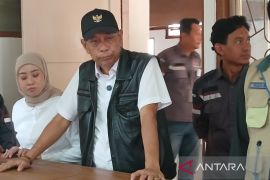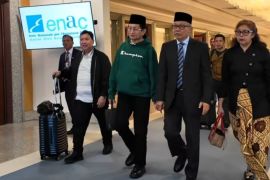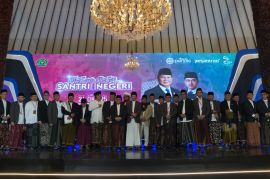Indonesia and Vietnam are among countries, with a large population, ranking first and third-largest in the Association of Southeast Asian Nations (ASEAN). Both countries have also shown high economic growth in the last three years, with an average of five percent annually.
"Viewing such areas of potential, the president is keen to ensure that the two countries have the opportunity to cooperate further," Foreign Ministry`s spokesperson Arrmanatha Nasir noted in a press briefing in Jakarta on Thursday.
In terms of trade and investment, the governments of both countries will put in efforts to reduce trade barriers.
Vietnam and Indonesia, which signed the 2013 Friendship and Strategic Partnership Agreement and the 2012-2015 Strategic Partnership Action Plan in 2011, have set a bilateral trade target of US$5 billion.
The leaders of both nations have agreed to accelerate the implementation of an action plan to improve Vietnam-Indonesia Strategic Partnership during the 2014-2018 period and also forge economic, trade, and investment relations.
Other issues to be discussed between President Jokowi and his Vietnamese counterpart Tran Dai Quang are cooperation in maritime and fisheries as well as the completion of the Exclusive Economic Zone boundaries in the South China Sea.
"Maritime border negotiations are indeed a lengthy process, so we expect a political push from the two leaders to accelerate the process," Arrmanatha added.
The governments of both nations will also sign two memoranda of understanding on health and tourism, as well as issue a joint communiqu? on illegal, unreported and unregulated fishing.
In addition to the bilateral meeting, President Jokowi is scheduled to speak at the World Economic Forum on ASEAN themed "ASEAN Priorities in the Fourth Industrial Revolution" that is relevant, considering the world is currently entering the Industrial Revolution 4.0, with internet as a driver of industrialization, and facing the challenges of cyber defense and cyber physical system.
The message that the president will deliver at the forum is the importance of ASEAN to have a strategy in place to handle the impacts of the fourth industrial revolution, according to Arrmanatha.
Moreover, it is important to develop cooperation among stakeholders to engage startups and SMEs in building inclusive value chains and innovative economy since the Industrial Revolution 4.0 is not only related to large industries.
Editing by Yoseph Hariyadi
Reporter: Yashinta Difa Pramudyani
Editor: Andi Abdussalam
Copyright © ANTARA 2018
